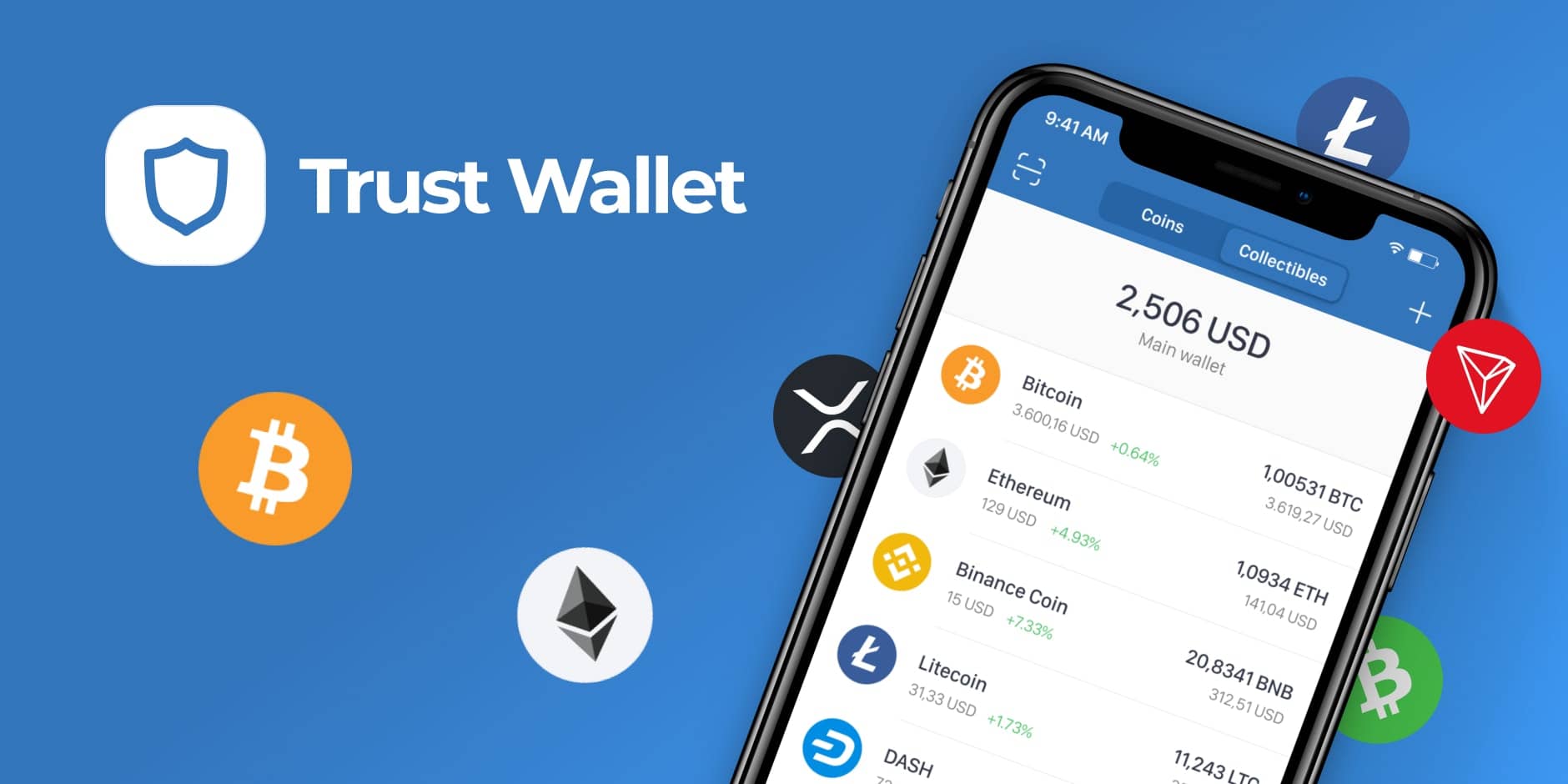Trust Wallet is a mobile-based, non-custodial cryptocurrency and NFT wallet that works with 65 different blockchains and more than 4.5 million different assets. The Trust Wallet Token, the wallet’s own native cryptocurrency, is also available (TWT). It is a governance and utility token accessible to Trust Wallet’s 25 million+ users.
For the cryptocurrency sector, these are turbulent times. The entire market was affected by the FTX meltdown, which made an already harsh crypto winter even worse. The majority of coins have lost value during the last seven days, and the value of all cryptocurrencies has decreased by about 20% over the past ten days.
One token has managed to defy the trend and post gains of 107% over the past week despite the bear market conditions. That’s true, according to data from CoinMarketCap, the Trust Wallet Token (TWT) soared from $1.10 on November 8 to $2.30 at the time of writing. But what is TWT, and why has its popularity recently skyrocketed? Join us to find out.
Trust Wallet is a mobile-based, non-custodial cryptocurrency and NFT wallet that works with 65 different blockchains and more than 4.5 million different assets. The Trust Wallet Token, the wallet’s own native cryptocurrency, is also available (TWT). It is a governance and utility token accessible to Trust Wallet’s 25 million+ users.
Users of Trust Wallet can use their TWT to influence decisions made on the site. For instance, TWT holders have the opportunity to cast their votes on important issues involving the Trust Wallet app, such as planned updates, new features, etc. Additionally, TWT holders can benefit from exclusive access and savings on cryptocurrency investments made through Trust Wallet. To put it briefly, TWT is made to benefit Trust Wallet users. It can also be traded for other crypto assets and used as payment for services since it is a BEP-20 asset.
TWT has seen an astronomical rise in valuation over the last few days. The coin even touched an all-time high of $2.68 last night and is currently up 126 percent in the previous 90 days and nearly 215 percent YTD. But what’s causing these astronomical gains? The answer is simple: it’s a combination of investor FUD after the FTX crash and some recent tweets from Binance CEO Changpeng Zhao. Let’s delve deeper.
FTX, formerly the second-largest cryptocurrency exchange, has suspended withdrawals and filed for Chapter 11 bankruptcy, as you may have be aware. Over the past several days, the value of its native cryptocurrency, FTT, has also dropped by more than 90%. The crash has been referred to as the “Lehman moment” for the cryptocurrency industry by insiders. Any businesses that have funds linked to the exchange may also lose all of their investment.
As a result, the FTX meltdown may cause a chain reaction, exposing other businesses to the failing crypto exchange to cash flow problems, insolvency, or even worse. Similar to what happened after the Terra-Luna catastrophe, a number of companies, including 3 Arrows Capital (3AC), Voyager, Celsius, BlockFi, Vauld, etc., experienced severe cash flow problems. Customers’ funds were also frozen in court proceedings while some of these businesses even stopped withdrawals and declared bankruptcy.
Similar anxiety exists in relation to the FTX crash. Investors are hesitant to leave their money in DeFi wallets or on an exchange. The majority of users try to transfer their money from these custodial wallets to offline, non-custodial wallets. Recent CryptoQuant data supports this claim, demonstrating that between November 6 and November 13, almost $3.7 billion in BTC, $2.5 billion in ETH, and more than $2 billion in stablecoins were removed from exchanges.
Trust Wallet is now one of the top non-custodial crypto storing options. Furthermore, Binance CEO Changpeng Zhao has used his tweets to effectively promote the wallet. “The right to self-custody is a fundamental one. You’re free to do it whenever you want. Just be sure to execute it correctly. Start out slowly and learn the technology and tools first. Here, errors could cost you dearly, Zhao warned in a tweet on Sunday. Your coins and keys, @TrustWallet,” he continued.
A well-known cryptographic maxim is “Not your keys, not your coins,” which gained even greater recognition after the Terra-Lune accident. It essentially means that users do not have actual control over the money placed in custodial wallets because they do not have access to their private keys. In the event that an exchange decides to halt withdrawals, users cannot withdraw money from their wallets. With non-custodial storage options like Trust Wallet, this is not the case.
Non-custodial wallets for storing cryptocurrency are secure and entirely in your hands.

